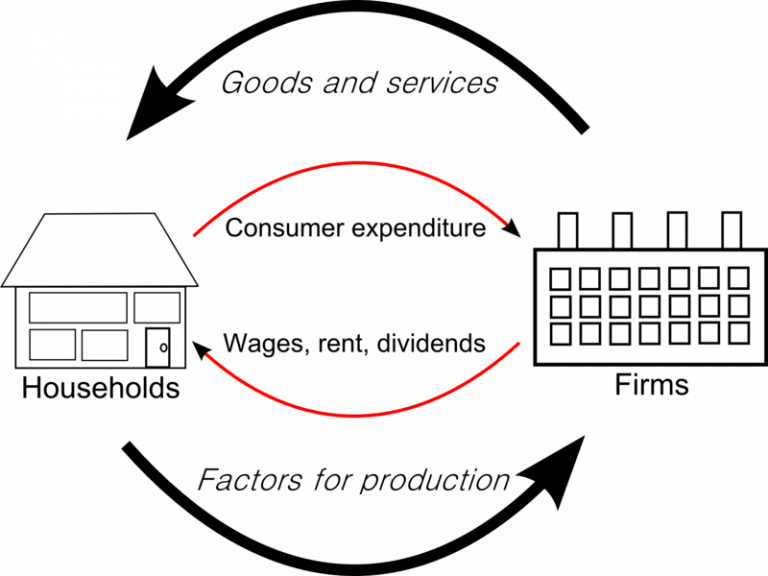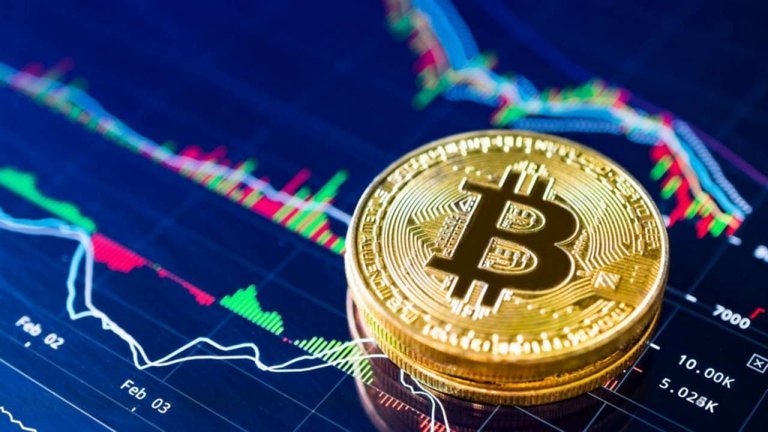Economists are an interesting bunch. Line 20 of them up, ask them about a situation, and you will get 20 different answers.
They have their different schools of thought that include Keynesian, Chicago and Austrian. Along these lines of thought, they will debate the merits of theirs as well as the demerits of the others.
All the -isms are covered such as communism, socialism, and capitalism. They intertwine their views into the conversation about each coming off as experts.
Political and business leaders listen to them. They have insight as to what is taking place according to the mantra.

No matter what school of thought an economist comes from, there is one area that one will never speak out about. They will ramble on ad nauseam about the Volker Rule, Laffler Curve and circular flow analysis, yet there is one area that is taboo to all of them.
Never will an economist discuss the merits, or more importantly, the demerits of the present monetary system.
This is the third rail of the economists' world. Never ever discuss the monetary system. It is a given that it is not only there, but unchanging. All problems are associated with something else. The monetary system is beyond reproach.
In fact, economists will tell you what money does, yet they fail to mention what it is and where it comes from.
The truth of the matter is that money is not a part of nature. It is a man-made invention. Money is ultimately created out of thin air. The only question is who is doing it.
For centuries, the crown was tasked with the benefit of creating the money. Anyone who decided to go counter to this was usually executed. The powerful learned early on that monopoly over the creation of money provided a great deal of control.
As we moved away from Monarchies, we saw governments get into the business of controlling the money. For the past 400 years, we used roughly the same monetary system. The only change really was who controlled the creation of money.
Today, we see Central Banks who have the ability to "print" it as they see fit. They also can make it scarce when the mood moves them. Sure they validate it with their charts and other theories they apply. Yet, in the end, it is often like reading tea leaves.

Cryptocurrency presents a new challenge for economists all over the world. Suddenly, there was the appearance of something that questioned that which they were unwilling to do. When Bitcoin came onto the scene, millions started the process of questioning money and our existing monetary system.
Metrics that were so important suddenly were tossed out the window. Cryptocurrency has the ability to monetize any transaction, thus provide value to it. This affects an outdated statistic such as GDP which only factors in means of production. In other words, that which is paid for is included. In this era, we see a great distortion since production saved is not accounted for.
An example of this is online shopping. The cost associated with buying something online is less than getting in one's car, driving to the mall, walking into a shop, buying what is needed, and then returning home. In fact, this adds more to GDP because fuel is used, roads require servicing, malls use electricity, and people are employed. Much of this is negated when the Amazon truck is driving down your road anyway, thus a delivery requires simply hitting the brakes.
There are many discussions as to why the economy fails or recessions take place. We also see many opine about the cause of income and wealth inequality. There are also many answers as to how to fix it. Higher taxation, redistribution, and more (or less) regulation is often tossed out there.
However, when did you see someone with credentials such as an economist state how these problems are caused by our monetary system?
It simply does not happen.
When entering the land of taboo, it is vital to keep pushing ahead, We can see why the establishment resists cryptocurrency at every turn. The idea of money scarcity is what keeps the very powerful in position. They do not have to alter how they do things since they control so much of the wealth. As long as they can hold off revolt, all is well, for them at least.
Thus, the next time you see Nouriel Roubini blasting cryptocurrency, you will see why he is doing it. To question the money supply, to him, is to question the entire premise of his belief system. It is simply something that is impossible for him to consider.
Unfortunately, a lot changed over the past few hundred years. This means that we need to innovate in all areas of our lives. The monetary system is one that is long overdue for change.
Nevertheless, there are many who will hold their established beliefs are a part of nature. Nowhere is this seen more than when it comes to the monetary system.
It is something that is never brought up as being broken.
If you found this article informative, please give an upvote and rehive.

gif by @doze

Posted Using LeoFinance
A sub-piece that is never discussed is bankruptcy.
Bankruptcy today is a design aspect of the system of fractional reserve banking.
The slowest person is axed. (because there is never enough money in the system to pay for all loans)
The Satoshi Nakamoto group did very well by keeping themselves hidden and creating a distributed system with no legal attack points. They probably realized, even before the start of the project, that discussing money was the third rail of economics. Don't touch it or you will be electrocuted (get the chair)
Still, bitcoin is only a step in the correct direction.
Money, as we use it, actually needs to start with the manufacturer and end back with that manufacturer.
It shouldn't continue after the circle is complete.
Real solutions will become obvious in the near future,
but till then, bitcoin is 100,000% better than fiat
Yeah they erected an entire system around the monetary situation.
You hit the nail on the head. There is no way to payback back all the money printed PLUS interest. 100% of the money cannot pay 105% (as an example).
Posted Using LeoFinance
It's just the way information is. Everybody presents with freedom of opinion. Most importantly people choose what they want to hear.
This is the more reason why adoption is difficult. Cryptocurrency adoption is like trying to take power from central banks and give it to the people. I feel for cryptos to be adopted, there is a need for cryptopreneurs to align with things that move the world's economy.
Definitely an informative post. Although my vote is worth nothing i will still vote .. Great effort
I think one of the main reasons is the freedom that people have when they choose cryptocurrencies to invest. Also, I think decentralization of state power would also be another reason for it.
Economists are also against it because the state would lose an instrument of economic policy.
Very expository post. The fact is, crypto is the future, everyone should see this
I see you ma
Keynesianism was essentially created to justify government intervention into markets. Most countries on Earth use Keynesianism as their economic philosophy.
Cryptocurrencies are most aligned with the principles of Austrian Economics pioneered most famously by Ludwig Von Mises. A given crypto’s success depends on how closely aligned with these economic principles it is, for example; Bitcoin is currently the most closely aligned with Austrian economic principles and is therefor (currently) the most valuable and will remain to be such unless someone comes along and creates a crypto even more successful in aligning with Austrian principles.
Keynesianism and its economists oppose the concept of cryptocurrencies on the very basis that makes them valuable, lack of control and manipulation by a centralized government.
Great post! This is a wonderful captivation of our location at the beginning of what could very well be one of the biggest changes (and hopefully triumphs) of modern society - a new monetary system. There are clearly a great deal of issues that will have to be worked out as the crypto-movement presses forward, but I believe you are right to see this as an overdue change. Thanks for this.
Don't confuse economists with policy apologists. On the other hand cryptocurrencies (in the grand scheme of things) are just a side note on the real economy (where the actual goods and services are produced) so don't blame them for not talking about something that doesn't have any real world impact.
Cryptocurrencies do not bring anything new to the table (yet). For the most part they are inefficent ways of transacting that do not warrant a change in paradigm of how to interpret the way that humans interact with each other.
Posted Using LeoFinance
Not all economists are bashing crypto. And many are questioning monetary systems.